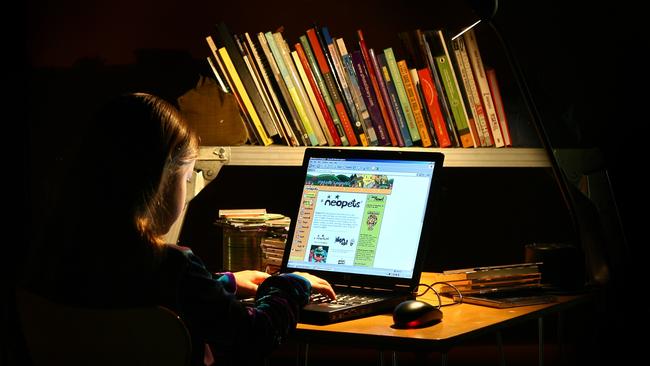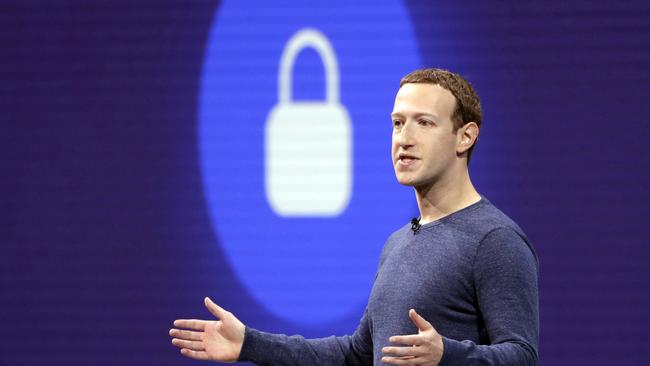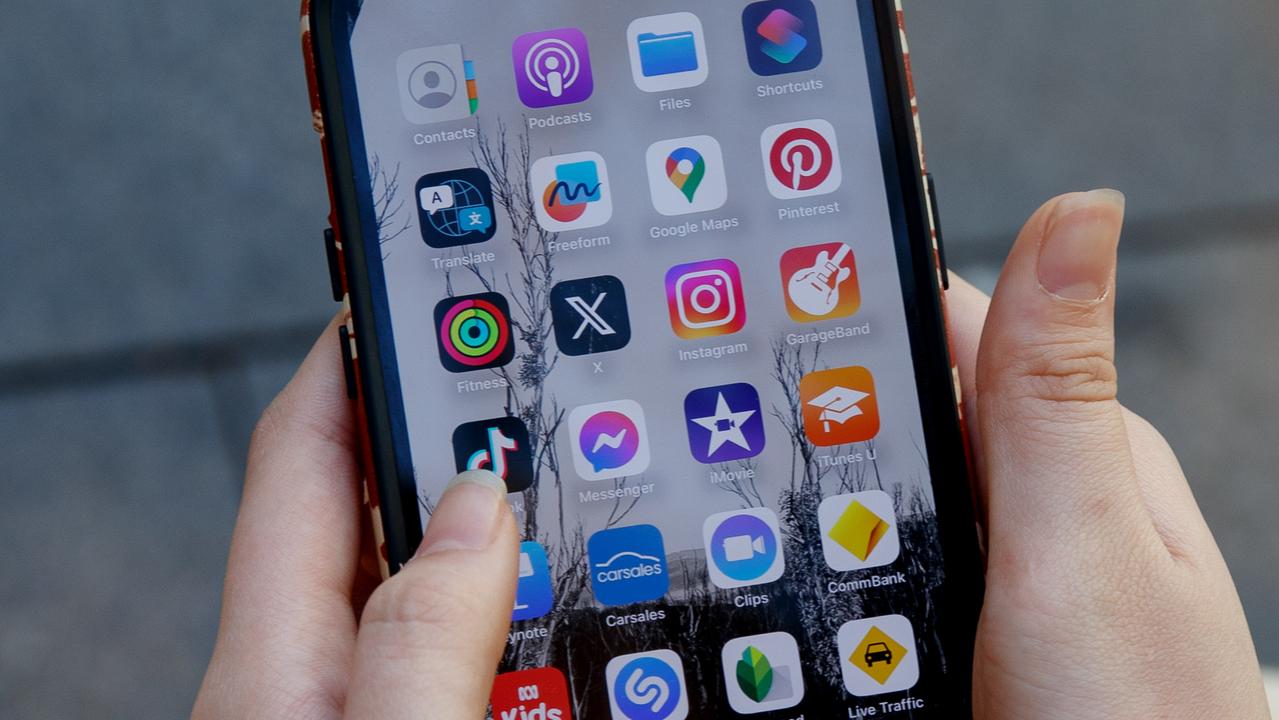Social media giants should have a ‘legal duty of care’ to protect children from abuse, bullying
Social media giants are facing new laws, an independent regulator, and more transparency to protect children from abuse online.

Social
Don't miss out on the headlines from Social. Followed categories will be added to My News.
Social media giants should have a “legal duty of care” to protect young users from harm, according to a new UK parliamentary report.
The recommendations include that the tech titans be subject to a new “statutory code of practice” and laws to reduce online child exploitation, plus be compelled to help parents deal with damaging online addictions.
Cyber security experts have called for the approach to be adopted in Australia, as parents and children grapple with how to manage social media threats.
They also say Facebook founder Mark Zuckerberg cannot “just keep apologising” for the network’s poor behaviour in relation to children’s safety.
The report from the UK House of Commons Science and Technology Committee surveyed more than 3000 children about social media and found detrimental effects ranged from poor sleep patterns and body image issues to “amplifying” dangerous acts such as bullying, grooming, sexting, and child abuse.
MORE: Google and Facebook need new laws, could ‘harm’ consumers
MORE: The 60 Aussie suburbs getting 5G first
MORE: Huawei ban and its impact on 5G in Australia

The committee found tech giants were only subject to “a patchwork of regulation and legislation” that didn’t fully address children’s online risks.
It recommended the introduction of a “statutory code of practice for social media companies,” an independent regulator, transparency reports published every six months, and a 24-hour time limit for reviewing potentially illegal posts.
Committee chairman Norman Lamb said the lack of well-established research into the effects of social media on young people was “frustrating” and social networks seemed unwilling to change their practices.
“We concluded that self-regulation will no longer suffice,” Mr Lamb said.
“We must see an independent, statutory regulator established as soon as possible, one which has the full support of the government to take strong and effective actions against companies that do not comply.
“It is imperative that we take every step to protect young people online as we do offline.”
Other recommendations from the British report included more research into social media’s affect on children, compulsory social media education in primary and high schools, and greater resources for parents.
Cyber safety educator Leonie Smith said it was clear that social networks could no longer be left to decide what was and was not appropriate for young users, particularly after a year of privacy bungles by Facebook.

“Mark Zuckerberg can’t just keep apologising — someone has to oversee this,” she said.
“There is a need for a code of practice for social media companies and it should be a global one. Companies like Facebook, if you fine them a couple of million dollars, that’s like a cup of coffee to them.”
Ms Smith said young social media users should have their privacy protected by default, and there should be more easily accessible guides for parents of young teens.
“It is really important for social networks to provide this information to parents because many feel it’s just too onerous,” she said.
The UK report has arrived just a month after Australia's communications minister Mitch Fifield announced plans to develop an Online Safety Charter that he said would “outline (social networks’) responsibilities to keep Australian children safe online”.
The Charter, part of a $17 million online child safety package, was expected to cover issues including offering “safety by design,” publishing complaint statistics, and providing more resources for early childhood educators.
Originally published as Social media giants should have a ‘legal duty of care’ to protect children from abuse, bullying


